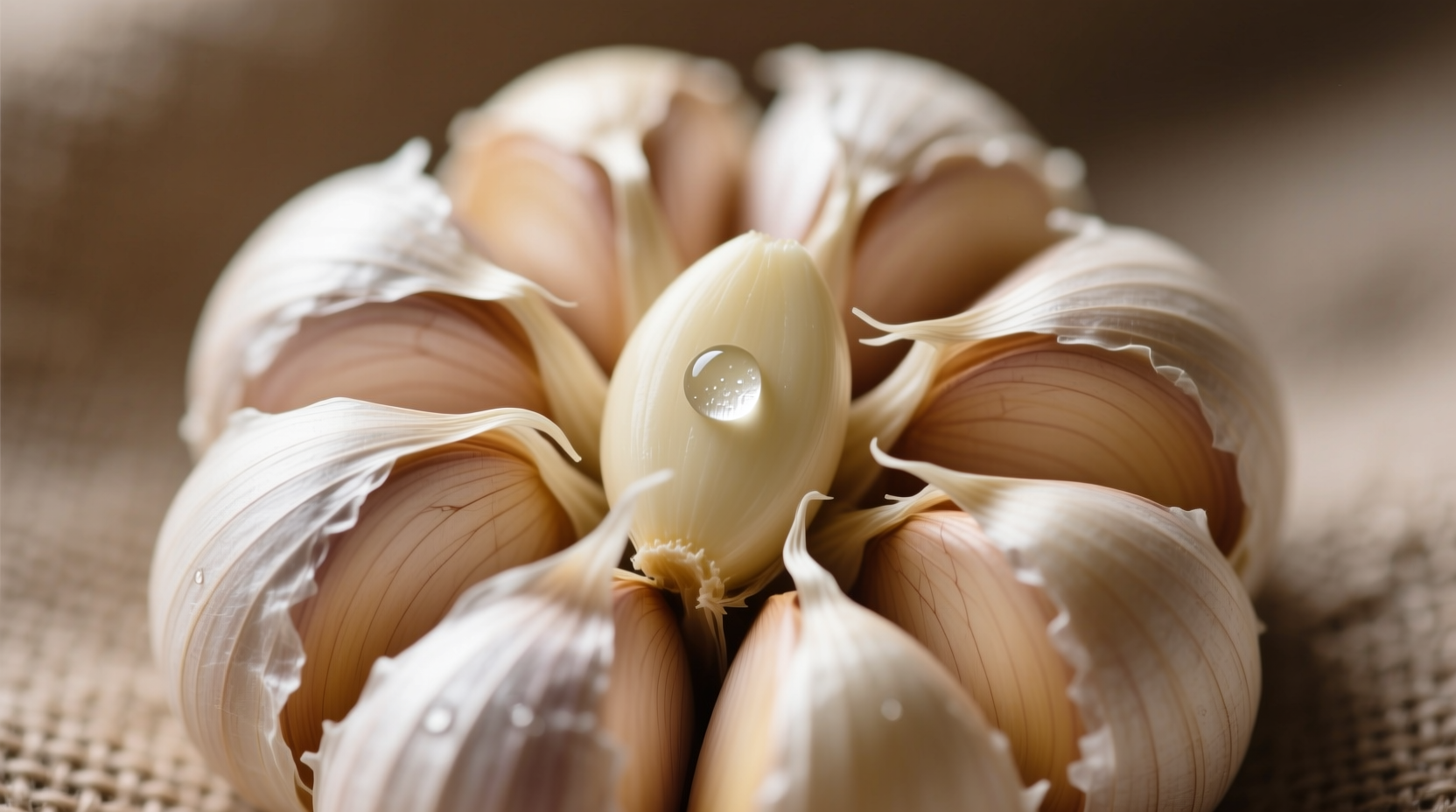If you're searching for "dbz garlic," you've likely encountered a common confusion between Dragon Ball Z (DBZ) and culinary garlic information. This article clarifies the misunderstanding and provides comprehensive, scientifically-backed information about garlic varieties, culinary applications, and health benefits that home cooks and food enthusiasts actually need.
Many internet users type "dbz garlic" when they're actually searching for reliable garlic information. Dragon Ball Z (DBZ) has no meaningful connection to garlic cultivation or culinary use. This confusion typically stems from autocorrect errors or misremembered search terms. Let's explore what you probably wanted to know about garlic itself.
Understanding Garlic: Beyond the DBZ Confusion
Garlic (Allium sativum) has been cultivated for over 5,000 years, with historical records showing its use in ancient Egyptian, Chinese, and Indian civilizations. Unlike the fictional Dragon Ball Z universe, real-world garlic offers tangible benefits that have stood the test of time.
| Garlic Type | Flavor Profile | Best Culinary Uses | Storage Duration |
|---|---|---|---|
| Softneck (Artichoke) | Mild, sweet when roasted | Everyday cooking, garlic powder production | 6-8 months |
| Hardneck (Rocambole) | Complex, nutty, robust | Gourmet dishes, roasting, pesto | 4-6 months |
| Silverskin | Strong, pungent | Long-term storage, commercial use | 9-12 months |
| Elephant Garlic | Mild, slightly sweet | Raw applications, beginner-friendly | 3-5 months |
Why Garlic Matters in Your Kitchen
Professional chefs and home cooks consistently rank garlic as one of the most versatile flavor foundations. According to USDA nutritional data, a single raw garlic clove (3g) contains:
- 2.7 calories
- 0.09g protein
- 0.6g carbohydrates
- Significant manganese, vitamin B6, and selenium
- Over 30 organosulfur compounds with documented health properties
Research published in the Journal of Nutrition confirms that properly prepared garlic enhances both flavor complexity and nutritional value in dishes. The key is understanding how preparation methods affect its chemical composition.

Maximizing Garlic's Flavor Potential
Garlic's flavor transformation depends entirely on your preparation technique. Here's what culinary science reveals:
Timing Matters Most
When you crush or chop garlic, you activate the enzyme alliinase, which converts alliin to allicin—the compound responsible for garlic's characteristic aroma and many health benefits. For maximum flavor development:
- Crush garlic and wait 10 minutes before cooking to maximize allicin production
- Add to cold oil rather than hot to prevent burning and bitterness
- Never microwave garlic if seeking complex flavor development
Avoid Common Preparation Mistakes
Food science research from the University of California shows these frequent errors diminish garlic's quality:
- Overcooking: Temperatures above 140°F (60°C) begin degrading beneficial compounds
- Using pre-minced garlic: Loses 60% of beneficial compounds within 24 hours
- Adding to boiling liquids: Causes uneven flavor distribution and bitterness
Garlic's Proven Health Benefits
Unlike fictional Dragon Ball Z powers, garlic offers scientifically documented health advantages. A comprehensive review in Antioxidants journal analyzed 33 clinical studies showing:
- Regular consumption associated with 12-15% reduction in cardiovascular disease risk
- Antimicrobial properties effective against multiple bacterial strains
- Anti-inflammatory effects comparable to some pharmaceutical interventions
- Immune system modulation documented in multiple peer-reviewed studies
For maximum health benefits, consume raw garlic or add it toward the end of cooking. The World Health Organization recognizes garlic's medicinal properties while noting that cooking methods significantly affect bioactive compound availability.
Practical Garlic Storage Guide
Proper storage maintains garlic's quality and prevents common issues like sprouting or mold. Based on research from the USDA Agricultural Research Service:
- Whole bulbs: Store in cool (60-65°F), dark, well-ventilated area—never refrigerate
- Separated cloves: Last 7-10 days at room temperature in breathable container
- Chopped/minced: Store in olive oil in refrigerator for up to 1 week
- Freezing: Whole cloves maintain quality for 12 months when frozen properly
Never store garlic in oil at room temperature due to botulism risk. The FDA specifically warns against this practice in their food safety guidelines.
Common Garlic Confusions Clarified
Many searchers confuse garlic varieties and preparation methods. Here's what culinary professionals want you to know:
- "DBZ garlic" isn't a real variety—this appears to be a search error
- Elephant garlic is actually a leek relative with milder flavor
- Black garlic isn't rotten—it's fermented with controlled heat and humidity
- Green sprouts in cloves aren't dangerous, just more bitter
When searching for garlic information, use precise terms like "hardneck garlic varieties" or "garlic roasting techniques" for better results than ambiguous terms like "dbz garlic" that yield irrelevant content.











 浙公网安备
33010002000092号
浙公网安备
33010002000092号 浙B2-20120091-4
浙B2-20120091-4